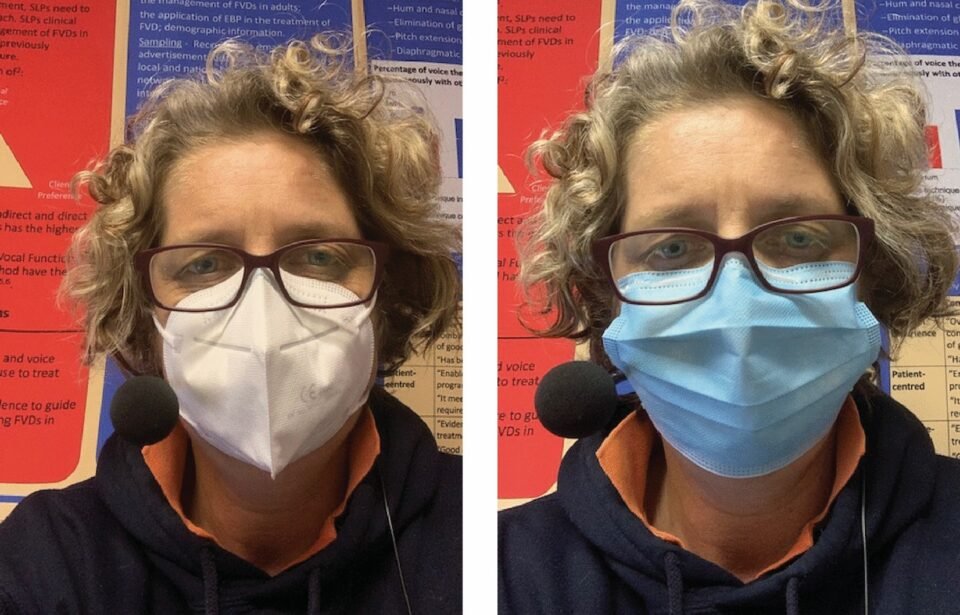As the world adjusts to the ongoing COVID-19 pandemic, many performers face new challenges when it comes to protecting their health and safety. For singers, in particular, wearing a mask can present unique challenges, as it can impact their ability to project their voice and perform at their best. This article will explore some factors to consider when choosing a face mask for singers and how to find the right one to protect your voice while performing.
Why Choosing the Right Singer’s Mask is Important:
Choosing the right singer’s mask is essential for protecting your voice while performing. Masks can help prevent the spread of respiratory droplets that can transmit the virus that causes COVID-19, but they can also impact how well singers can project their voices and perform. Wearing the wrong mask can cause discomfort, impede breathing, and negatively impact vocal quality, while the right mask can provide effective protection while still allowing singers to perform at their best.
Factors to Consider When Choosing a Singer’s Mask:
When choosing a singer’s mask, there are several factors to consider:
- Breathability: A singer’s mask should be breathable and allow for easy breathing, even during intense performances. Masks that are too thick or constricting can cause discomfort and impede breathing, which can negatively impact vocal quality and performance.
- Acoustic Properties: A singer’s mask should be designed to enhance acoustic properties rather than hinder them. Masks that muffle or distort sound can negatively impact vocal quality and performance, making it difficult for singers to project their voices effectively.
- Comfort: Comfort is an important factor when choosing a singer’s mask, as it can impact how well a singer can perform. Masks that are too tight, loose, or that rub against the skin can cause discomfort, distracting the performer and negatively impacting their vocal quality and performance.
- Durability: A singer’s mask should be durable enough to withstand frequent use and washing, as well as exposure to sweat and other performance-related factors. Masks that break down quickly or become damaged easily can be costly and inconvenient to replace, impacting performance and safety.
- Design: The design of a singer’s mask should be aesthetically pleasing and match the performer’s style while also meeting the requirements for effective protection and acoustic properties. A well-designed mask can help performers feel confident and comfortable while performing and ensuring safety.
Types of Singer’s Masks:
There are several types of singer’s masks available on the market, each with its unique features and benefits:
- Traditional Surgical Masks: Traditional surgical masks are lightweight, breathable, and offer a high degree of protection against respiratory droplets. However, they may not provide optimal acoustic properties and can cause discomfort or impede breathing during intense performances.
- Cloth Masks: Cloth masks are reusable, washable, and often more comfortable than traditional surgical masks. They can be designed with acoustic properties in mind, and many models feature adjustable ear loops and nose wires for a customized fit. However, some cloth masks may not provide as much protection against respiratory droplets as other masks.
- Transparent Masks: Transparent masks are designed to allow singers to showcase their facial expressions and lip movements while still providing effective protection against respiratory droplets. These are for singers who require high protection, such as those performing in crowded or high-risk environments.
Conclusion:
Choosing the right face mask for singers is essential for protecting your voice while performing during the ongoing COVID-19 pandemic. By considering factors such as breathability, acoustic properties, comfort, durability, and design, performers can find a mask that meets their needs and allows them to perform at their best. Whether you opt for a traditional surgical mask, cloth mask, transparent mask, or respirator mask, it’s important to field test your mask in a variety of settings to ensure that it provides the right level of protection while still allowing you to showcase your talent and connect with your audience.


